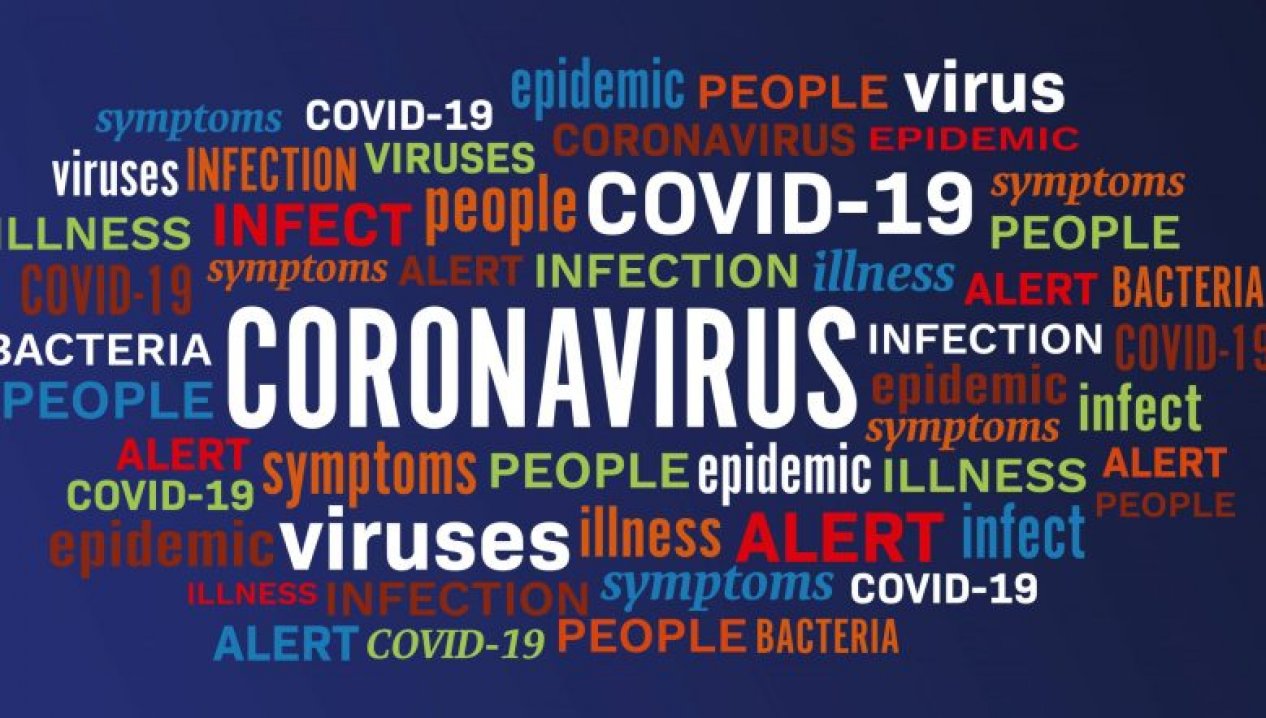
According to the results of international studies, cases of coronavirus reinfection globally account for only 0.1 percent, Azerbaijani MP Nigar Arpadarai said, commenting on her proposal to revise the rules related to the use of COVID passports in Azerbaijan.

Based on what was said by Arpadarai, we will try to find out how frequent are cases when a COVID survivor gets reinfected.
Since December 1, 2019, when the World Health Organization (WHO) officially registered the outbreak of the SARS-CoV-2 in China, world medicine has been gaining experience in order to combat this disease. Studies were conducted in different parts of the world for virulence and contagiousness.
A number of the studies we have reviewed suggests that the prevailing opinion in the scientific world last year about the extreme rarity of re-infection with coronavirus is so far confirmed.

The research, which was published October 13 in the professional medical scientific journal The Lancet Infectious Diseases, suggests that a 25-year-old US resident from the state of Nevada was re-infected with the coronavirus about a month and a half after the first infection.
According to scientists, this patient was infected with two different types of the new SARS-CoV-2 virus. In addition, the researchers recorded four more cases when the coronavirus infection occurred repeatedly - in Belgium, the Netherlands, Hong Kong and Ecuador. The authors of the study believe that the real number of re-infections with the novel coronavirus may be higher, since in many cases the disease is not diagnosed due to its asymptomatic course.

The article in The Lancet was commented on by Yale University immunologist Akiko Iwasaki. "The more re-infection cases become known, the better the scientific community will be able to understand how protection works and how often natural infections with the SARS-CoV-2 affect immunity," she said. This information will be key to understanding which vaccines can provide individual and herd immunity, she added.
Nevertheless, an Israeli immunologist, head of the department of the Hadassah Ar Ha-Tsofim clinic, Professor Yakov Berkun said in March this year that scientific research and clinical practice show that among those who contracted COVID and was vaccinated, the possibility of re-infection with COVID is extremely low. He noted that the experience of working with coronavirus allows researchers to argue that the percentage of re-infection among those who have been ill and vaccinated practically doesn’t decrease over time and is somewhere around 0.01%. At the same time, Berkun referred to two studies that revealed repeated cases of infection in one person in a thousand.
A study of more than 20,000 healthcare workers in the United Kingdom found that out of more than 6,600 of them who were previously infected with SARS-CoV-2, only 44, or less than 1%, got reinfected with the virus, according to the online edition Healthline.com.

The article notes that these results are in line with those of another study led by a medical team led by Professor Stuart Sealfon of the Icahn School of Medicine at Mount Sinai in New York. A survey of more than 6,000 US Marine recruits undergoing basic training in California for six weeks has revealed an estimated 10% relapse in previously infected people. According to Professor Sealfon, COVID survivors are protected to a large extent, but cases of relapse are far from rare.
Meanwhile, experts make a distinction between cases of relapse and re-infection, focusing on the fact that in the first case, the disease is simply localized, and then progresses again, while the second phenomenon implies infection of a person who has recovered from another variant of coronavirus.
Mikhail Lebedev, a leading expert at the Center for Molecular Diagnostics of the Central Scientific Research Institute of Epidemiology of Rospotrebnadzor (Russian consumer watchdog), believes that re-infection with coronavirus can only be detected if there are differences in viral genomes. Otherwise, it is a relapse of the primary infection.
Another study by American scientists covers 9,119 patients with SARS-CoV-2 in 62 US medical institutions from December 1, 2019 to November 13, 2020. The study participants recorded cases of re-infection in 0.7% of patients. The co-author of the work, Adnan Qureshi, came to the disappointing conclusion that the ability of the immunity developed after the first infection to resist other mutations of the coronavirus remains unclear.
As of May 30, 2021, 15,893 cases of possible re-infections with SARS-CoV-2 have been identified in the UK throughout the pandemic, out of nearly 4 million people with confirmed disease, according to Public Health England at the UK Department of Health and Social Care. This is equivalent to re-infection in about 0.4% of cases.
Most experts agree that in the current situation, when the statistics of coronavirus infections around the world contains significant errors, it is simply incorrect to talk about specific numbers of re-infections. This is due, among other things, to the lack of mass testing for suspected coronavirus cases, as well as the fact that many people simply don’t go to medical institutions, in cases where the disease is asymptomatic, or in a form comparable to the usual acute respiratory infections.
Nevertheless, the studies in different countries, with one exception, indicate that, in general, the number of repeated cases of infection with the SARS-CoV-2 relative to cases of primary infection remains within 0.1 - 1%.




















